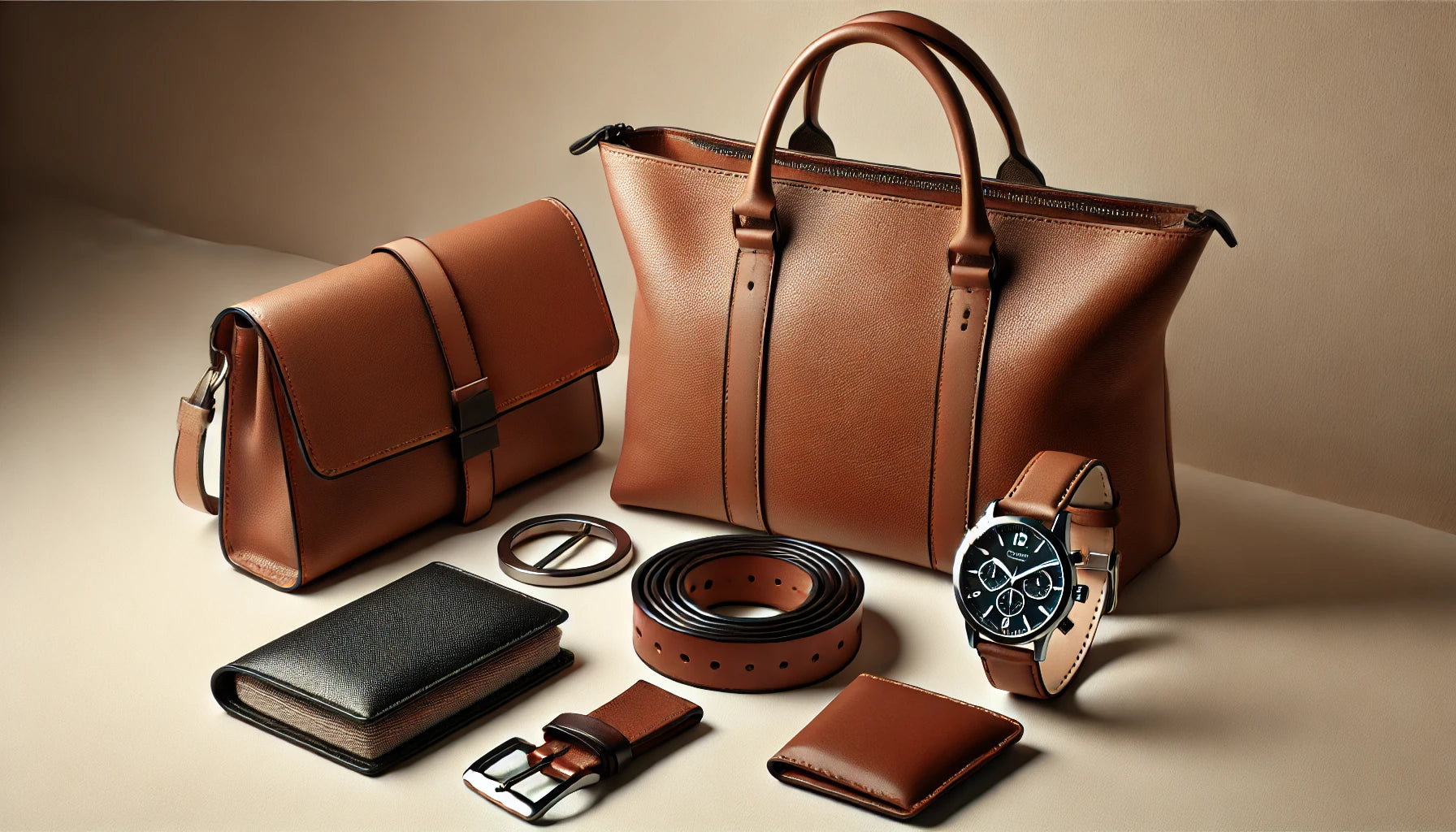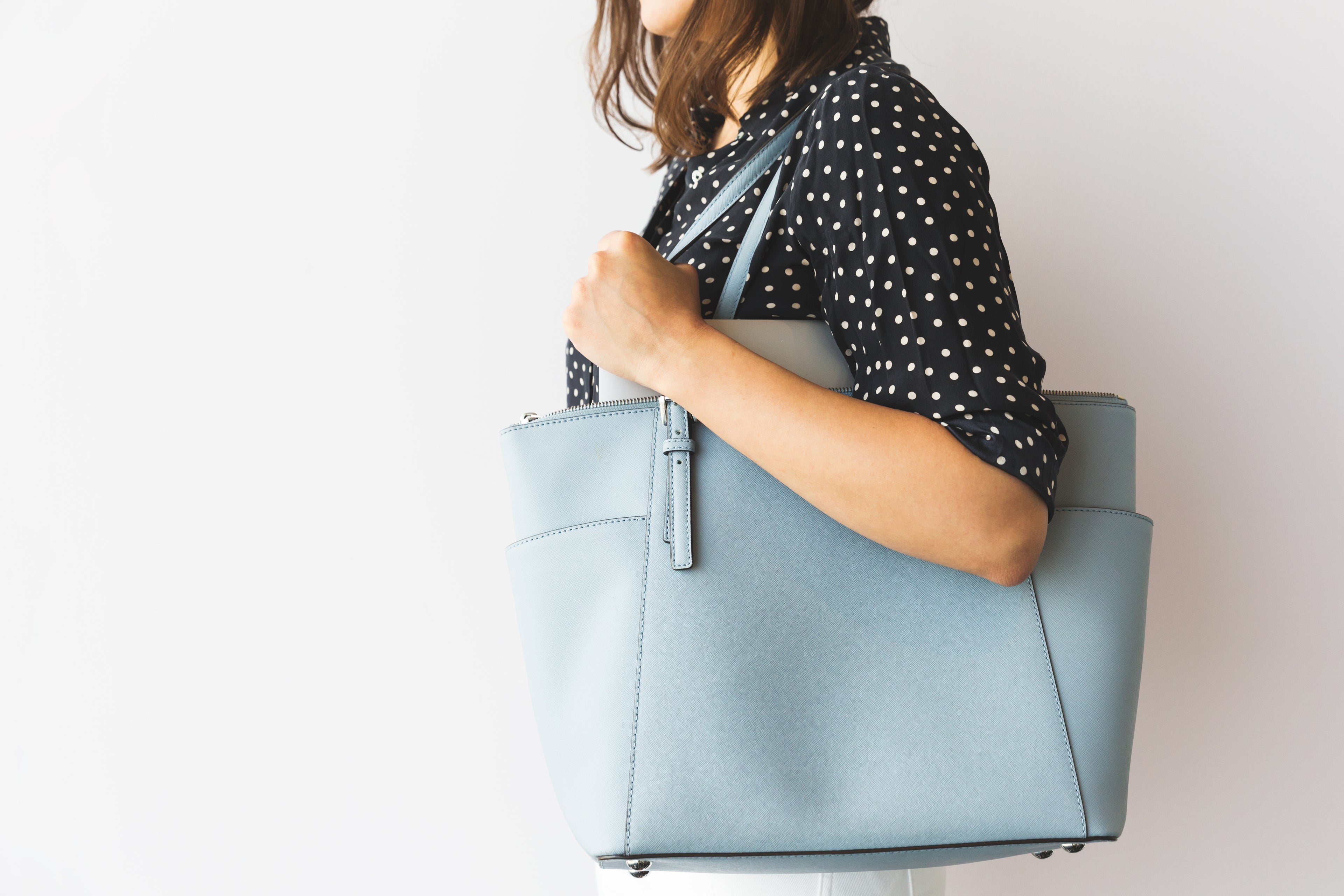
Eco-Friendly Leather Care: Sustainable Products and Practices
As more people become environmentally conscious, eco-friendly practices are becoming increasingly important in all aspects of life, including leather care. Traditional leather care products often contain harsh chemicals that can damage the environment, but there are sustainable alternatives that help preserve both your leather goods and the planet. In this blog, we’ll explore eco-friendly leather care tips, sustainable products, and responsible practices that ensure your leather items remain beautiful and durable, all while reducing your environmental footprint.
Why Eco-Friendly Leather Care Matters
Leather is a durable and luxurious material, but it needs proper care to retain its beauty and longevity. Unfortunately, conventional leather care products often contain toxic ingredients that can pollute the environment and harm our health. By choosing sustainable products and adopting eco-friendly practices, you can care for your leather responsibly, helping to minimize environmental impact. With the right approach, you can protect your investment in leather items and also contribute to a healthier planet.
1. Use Natural and Biodegradable Leather Cleaners
Traditional leather cleaners often contain chemicals that are harmful to the environment. Many commercial cleaners use solvents, petroleum-based ingredients, and artificial fragrances that can be toxic. Switching to natural leather cleaners made from plant-based ingredients is a sustainable alternative. These products are biodegradable and gentle on leather, ensuring that your items stay soft and clean without harming the planet.
Pro Tip: Look for leather cleaners labeled as eco-friendly, biodegradable, or plant-based to ensure they are safe for both your leather and the environment.
2. Opt for Eco-Friendly Leather Conditioners
Conditioning leather is crucial for keeping it soft and supple. However, many conventional leather conditioners contain chemicals and oils derived from petroleum. Instead, consider eco-friendly leather conditioners made from natural oils like coconut, olive, or jojoba oil. These conditioners provide the same benefits as traditional ones but are derived from sustainable resources.
DIY Leather Conditioner: You can also create a DIY conditioner by mixing a few drops of olive oil with distilled water. Test it on a small area before applying it to the entire item.
3. Avoid Harsh Chemicals and Solvents
Harsh chemicals can damage both leather and the environment. Avoid products that contain ammonia, alcohol, or bleach, as they can strip the leather of its natural oils, causing it to dry out and crack. Eco-friendly leather care focuses on using gentle, safe alternatives that maintain the quality of leather while protecting the planet.
Tip: Always check the label of any leather care product to ensure it does not contain harmful chemicals.
4. Use Reusable and Eco-Friendly Tools
Instead of disposable wipes or paper towels, use reusable microfiber cloths for cleaning and polishing leather. Microfiber cloths are gentle on leather and can be washed and reused multiple times, reducing waste. Another option is to use natural brushes made from sustainable materials for removing dirt and dust from leather surfaces.


5. Store Leather Properly to Extend Its Life
Proper storage plays a significant role in eco-friendly leather care. Storing leather items correctly reduces the need for frequent cleaning and conditioning, which in turn minimizes product usage. Keep your leather items in a cool, dry place away from direct sunlight and humidity. Use breathable fabric bags instead of plastic, as leather needs to breathe to avoid mold and mildew.
6. Embrace DIY Leather Care Solutions
Making your own leather care products at home is an affordable and sustainable alternative to commercial products. Many DIY recipes use natural ingredients that are already available in your kitchen. For example, you can mix white vinegar and water for a gentle cleaner or use beeswax as a protective layer for certain types of leather. DIY solutions allow you to control what goes into your products, ensuring they’re safe for the environment.
7. Choose Sustainable Leather Products
Eco-friendly leather care goes beyond cleaning and conditioning. Start by choosing sustainably sourced leather products made from ethically and responsibly sourced materials. Look for brands that prioritize sustainability in their production processes and use eco-friendly materials for dyes, finishes, and adhesives.
8. Avoid Over-Cleaning
Many people make the mistake of over-cleaning their leather items, which can wear down the material over time. Over-cleaning also increases the use of products, leading to more waste. Clean your leather items only when necessary, and use eco-friendly leather care practices to minimize environmental impact.
9. Use Eco-Friendly Waterproofing
Leather can be vulnerable to water damage, so waterproofing is a common practice. However, many waterproofing sprays contain harmful chemicals. Opt for natural waterproofing products made from beeswax or other plant-based materials. These products provide water resistance without harmful ingredients and are safer for the environment.
10. Support Brands with Eco-Friendly Practices
Lastly, support brands that emphasize eco-friendly practices in their manufacturing and product offerings. Many leather care companies are adopting sustainable practices, including reducing plastic packaging, using non-toxic ingredients, and prioritizing cruelty-free processes. By purchasing from these brands, you’re supporting the shift toward a more sustainable leather industry.
For more eco-friendly leather products and solutions, check out our home page to see how Syraah supports sustainable practices and offers quality leather items with a focus on environmental responsibility.
Frequently Asked Questions (FAQs)
What is the benefit of using eco-friendly leather care products?
Eco-friendly leather care products protect the environment by reducing the use of toxic chemicals and supporting sustainable practices.
Can I make leather conditioner at home?
Yes, a DIY leather conditioner can be made using natural oils like olive or jojoba oil. Always test on a small area first.
Why should I avoid using ammonia or alcohol on leather?
Ammonia and alcohol can dry out and damage leather, leading to cracks and fading.
What types of oils are best for eco-friendly leather conditioning?
Oils like coconut, olive, and jojoba are excellent choices for conditioning leather without harming the environment.
How can I waterproof leather without chemicals?
Natural beeswax and other plant-based products offer eco-friendly waterproofing options.
Is it okay to use vinegar on leather?
Yes, diluted white vinegar can be used as a gentle cleaner for leather, but test it first on a small area.
What should I avoid storing leather in plastic bags?
Leather needs to breathe, and plastic bags can trap moisture, leading to mold and mildew.
Can I use any cloth to clean leather?
Microfiber cloths are the best choice as they’re gentle, reusable, and effective for leather cleaning.
How do I identify eco-friendly leather brands?
Look for brands that highlight sustainability, cruelty-free practices, and eco-friendly ingredients in their products.
What are sustainable alternatives to conventional leather cleaners?
Plant-based cleaners, diluted vinegar, and DIY mixtures are sustainable alternatives for leather care.

